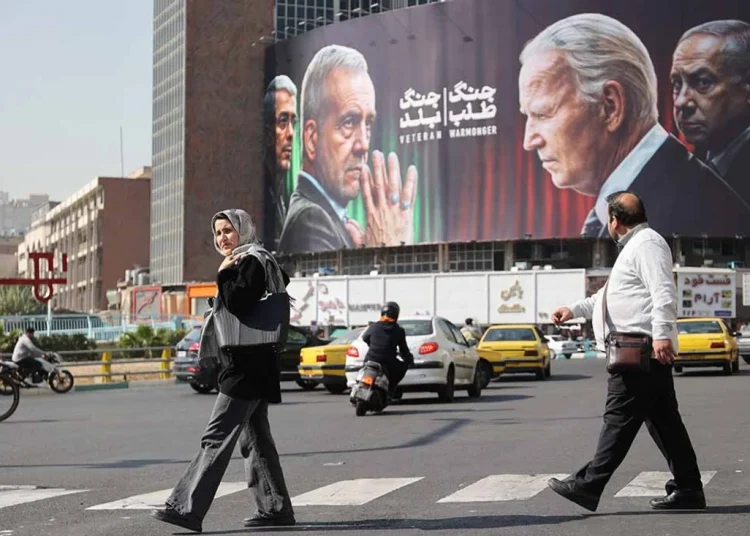On October 26, 2024, Israel conducted attacks on a number of military targets within Iran, marking the first instance in which Tel Aviv officially claimed responsibility for a direct military operation against Tehran. This unprecedented event has raised numerous questions about the nature and extent of the assault. While Israeli officials have portrayed the operation as a significant success, Iranian authorities have downplayed its impact, labeling it a weak attack with minimal damage.
Initial Reactions
In the immediate aftermath of the strike, public perception leaned towards viewing the operation as less impactful than the aggressive rhetoric previously employed by Israeli leadership. Israeli sources embarked on a media campaign to amplify the perceived success of the operation, attempting to shift the narrative in their favor. Over time, they sought to portray the attack as a decisive blow against Iranian military capabilities.
Conversely, Iranian defense officials swiftly communicated an initial assessment, asserting that Iran’s air defense systems performed effectively and that the damage inflicted was negligible. This stance led external observers to speculate that Iran might consider the attack insignificant enough to forgo a direct response. The silence of senior Iranian officials throughout that day of the attack further fueled speculation about Tehran’s potential course of action, adding layers of ambiguity to an already complex situation.
Iran’s Strategic Calculus and Promise of Retaliation
As official reactions from Iran began to surface, a consistent theme emerged: Tehran reserved the right to deliver an “appropriate response” at a “time of its choosing.” This simultaneous emphasis on the limited impact of the attack and the promise of retaliation created uncertainty among international observers regarding Iran’s actual intentions. While some analysts interpreted Iran’s measured rhetoric as an inclination towards de-escalation, it is plausible that Tehran deems a response necessary.
The Israeli attack not only violated Iranian sovereignty but also resulted in the deaths of several Iranian military officers—an affront unlikely to be overlooked by the Iranian leadership. Moreover, few targets were located near Iran’s capital, intensifying the provocative nature of the strike. Additionally, in conflicts characterized by reciprocal actions, each side often strives to deliver the final blow, influencing the perceived balance of power and shaping international perceptions.
Iranian Leader’s Remarks and the Path Forward
In a speech delivered on Sunday following the attack, Iran’s Leader Ayatollah Ali Khamenei emphasized the need for a measured assessment, cautioning against both exaggeration and underestimation. He delegated the specifics of any retaliatory actions to the country’s political and military leadership. Crucially, he highlighted that Israel had miscalculated Iran’s thresholds and that these miscalculations must be disrupted and corrected. This suggests a strategic intent to not only respond to the attack but also to recalibrate Israel’s future risk assessments regarding direct military actions against Iran.
By focusing on altering Israel’s strategic calculus, Iran appears to be aiming for a response that extends beyond mere retaliation. The objective is to impose a higher cost on Israel for such operations, thereby reinforcing deterrence and preventing future incursions. This approach indicates that any forthcoming Iranian action may be designed to have a more profound impact on Israel’s decision-making processes.
Anticipating Iran’s Response: Scope and Timing
Speculation abounds regarding the nature and timing of Iran’s potential response. Iran may contemplate a retaliation surpassing the scale of previous exchanges.
The Leader’s delegation of the response’s specifics to other officials suggests a calculated approach, balancing domestic expectations with international ramifications. The choice of method and timing will likely be influenced by a myriad of factors, including regional and international dynamics. Ultimately, Iran’s response will seek to achieve maximum strategic effect.
Iran’s deliberations over its response reflect a strategic intent not merely to retaliate but to fundamentally reshape Israel’s future calculations.






